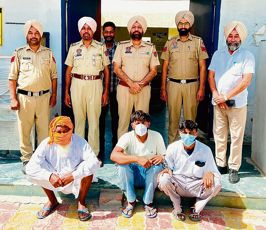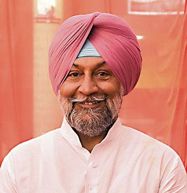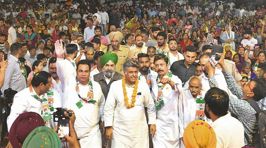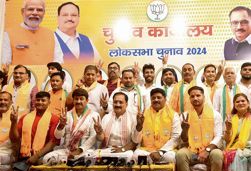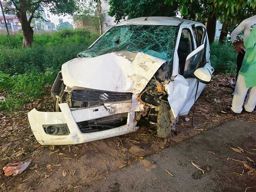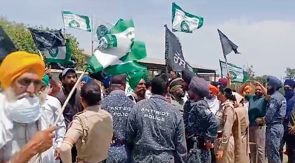
Ranbir Singh
Dr MS SWAMINATHAN, the then adviser to the union minister of agriculture, is rightly hailed as the father of the Green Revolution in India (he had pioneered the breakthrough in Indian agriculture on the advice of Nobel laureate Norman Borlaugh by importing the wheat seed from International Maize and Wheat Improvement Centre in 1961). Swaminathan had pioneered the adoption of a new agriculture technology comprising the cultivation of high-yielding varieties of wheat and rice and the use of fertilisers, insecticides and pesticides. But the ground for their adoption was prepared by Dr Ram Dhan Singh Hooda who belonged to a peasant family of Kiloi village in Rohtak district (then part of Punjab).
Dr Hooda had received primary education at District Board Primary School, Kiloi, and at Government High School, Rohtak. He received intermediate education at DAV College, Lahore, and obtained Diploma in Licentiate in Agriculture from Punjab Agricultural College, Lyallpur (now in Pakistan); BSc degree from Patna University, and MA degree in natural sciences from Cambridge University.
Working at Punjab Agricultural College, he developed famous wheat varieties that were cultivated by progressive farmers of pre-Partition Punjab. This prepared the ground for the adoption of the high-yielding varieties of wheat and rice in the 1960s, ushering in the Green Revolution in Punjab and Haryana, which contributed a great deal in making India a foodgrain-surplus country from one that was deficit and famine prone.
According to a well-known agriculture economics expert, Prof SS Johl, the main contribution of Dr Hooda has been the popularisation of the cultivation of farm wheat (‘farm ki gandam’), the seed of which used to be supplied by various government agriculture farms in then Punjab.
Dr Hooda had worked at Lyallpur with Sir Albert Howard, who was a pioneer in plant breeding and was keen to improve the conditions of the poor peasantry of Punjab. He worked on Howard’s unfinished agenda while working as a plant breeder.
In recognition of his contributions in this field, Dr Hooda was made principal of the college, and was conferred with the title of Rao Bahadur by the Government of Punjab.
Interestingly, Norman Borlaugh visited Sonepat in 1963 to pay personal tributes to Dr Hooda for his contribution in developing new varieties of wheat and their popularisation in Punjab. However, this precursor of Green Revolution was completely ignored by those who remained at the helm of affairs in the post-Independence period.





















